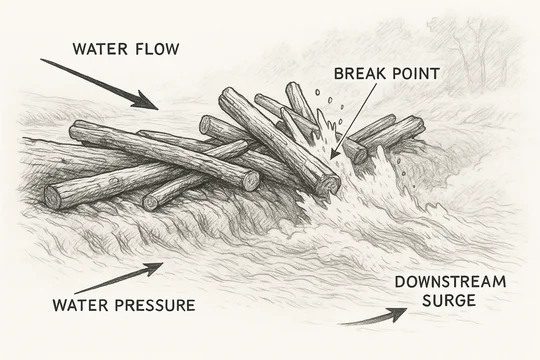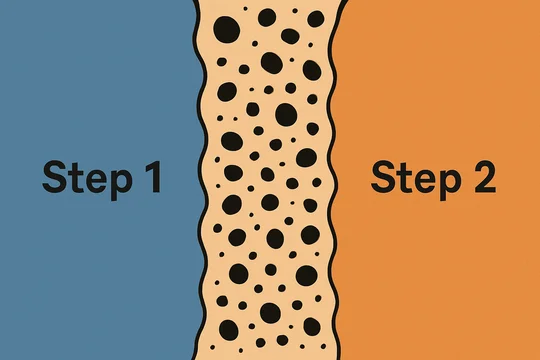All six challenged patents survived Judge Stark's most recent § 101 Day, held on November 22, 2021. The six patents were spread across three cases. Continuing his usual practice, Judge Stark ruled from the bench after hearing argument in all three cases, and then issued a written order (see below) incorporating the transcript of his bench ruling and the formal orders on the pending motions.

In the first case, considering Step One of the Alice framework, Judge Stark found that the challenged patent was not directed to the abstract idea posited by the defendant ("an algorithmic method of manipulating and combining genetic sequence data using an [intermediate] data set") and instead "enables the identification of mutations with positional accuracy in a computationally tractable manner," solving a prior art problem—notably, that sequence assembly providing for accurate detection of variants was often computationally intractable for high-throughput analysis.
Judge Stark denied the motion to dismiss based on the Step One analysis.
In the second case, Judge Stark took the somewhat unusual path of deciding Step Two of the Alice test before Step One. He explained:
The Federal Circuit has employed a similar approach and resolved 101 issues at Step Two in several of its cases, most recently CosmoKey as well as Amdocs. And with some frequency, District Courts have done the same thing.
Judge Stark found that a factual dispute on Step Two precluded ruling on the motion regardless of what the outcome might be on Step One:
I have assumed without deciding that [defendant] Amlogic has the better of the arguments at Step One, but even making that assumption[,] I see no basis in either the claims or in the law to further conclude that the fact dispute I have identified at Step Two would be immaterial to the issue of patent eligibility. In other words, I cannot today conclude that the claims are so deficient that I must, today, find them to be ineligible for patenting.
Judge Stark left the door open for the defendant to bring another § 101 motion "but it cannot do so until the case dispositive motion [stage] of this case after full discovery and, of course, it may only do so, as with any motion, if at that point [it] believes it has a good-faith basis to pursue that motion."
In the final case, Judge Stark denied the motion to dismiss four patents because he found that the abstract idea had not been sufficiently articulated to render a decision. He did, however, permit the plaintiff to amend its complaint and permit the defendant to seek dismissal of the amended complaint under § 101.
If you enjoyed this post, consider subscribing to receive free e-mail updates about new posts.





